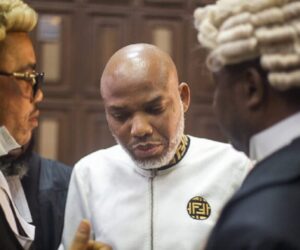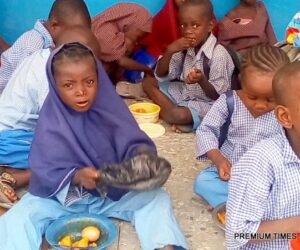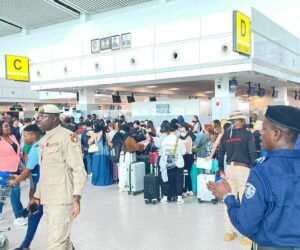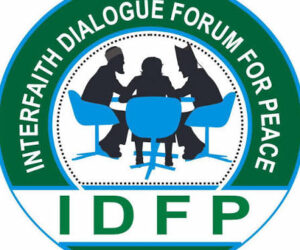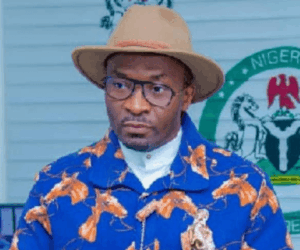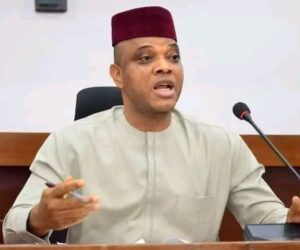Nigeria has unveiled the Nigerian Atlas for Languages & AI at Scale (N-ATLAS), Africa’s largest multilingual, multimodal, open-source language model, at the 80th United Nations General Assembly (UNGA80).
Designed to map and digitize Nigeria’s vast linguistic heritage, N-ATLAS represents a bold step toward building inclusive datasets and artificial intelligence (AI) tools that reflect the continent’s diversity. The project is a collaboration between the Federal Ministry of Communications, Innovation & Digital Economy (FMCIDE) and Awarri, an African frontier technology company co-founded by robotics entrepreneur Silas Adekunle.
Bosun Tijani, the minister of Communications, Innovation & Digital Economy, at the launch, said; N-ATLAS is more than a language model; it is a national commitment to unity, inclusion, and global contribution.
Read also: ‘Japa’, ‘eba’, 18 other Nigerian words and slangs added to Oxford dictionary
“By building this open resource, we are putting the voices of Nigerians, and by extension Africans, at the heart of the digital future. This initiative demonstrates our resolve to shape AI in a way that reflects our people and our aspirations. Our goal is to advance natural language processing for under-represented languages, and in doing so, showcase Nigeria’s leadership in building digital public goods that will empower the continent and contribute to global AI development,” Tijani noted.
Silas Adekunle, CEO and co-founder of Awarri, added: “At Awarri, our vision is to enable the development and adoption of frontier technology in Africa. This is a great example of the private and public sector collaboration towards the development of frontier technology in Nigeria. With N-ATLAS, we are taking a bold step in ensuring that Nigeria’s voices and languages are not just immortalized but amplified in the age of artificial intelligence. Too often, the technologies we rely on are built for contexts far removed from our realities. This model represents cultural preservation, access, and empowerment. By making it open source, we have created the foundation that ensures that every developer, researcher, and innovator can build solutions in their own languages and on their own terms. N-ATLAS shows that Africa is not waiting to be included in the AI revolution; we are leading it.”
Eniola Edun, COO and co-founder of Awarri, emphasized the inclusivity of the initiative, noting; “N-ATLAS is about making AI more accessible and useful to everyday people. By embedding our languages and cultural contexts into its foundation, we are enabling solutions that feel authentic and relevant. By releasing it openly, we are inviting developers, entrepreneurs, and researchers to innovate without barriers. This is how we ensure that technology reflects our diversity and supports our growth.
Read also: UI partners faith-based group to unveil pidgin dictionary in Nigeria
While speaking to the importance of this feat, Olubunmi Ajala, national director of NCAIR, highlighted the importance of building technical foundations for long-term impact: “N-ATLAS is a strategic infrastructure for Nigeria’s AI future. By combining technical excellence with open collaboration, we are equipping innovators with the tools they need to create context-aware applications that solve real-world problems across education, health, and commerce. This is a model built for scale, resilience, and global relevance.”
N-ATLAS is now available for developers, researchers, and innovators worldwide to access, adapt, and deploy. By leveraging the model, stakeholders can create applications and solutions that reflect Nigeria’s diversity and contribute to Africa’s leadership in frontier technologies.



